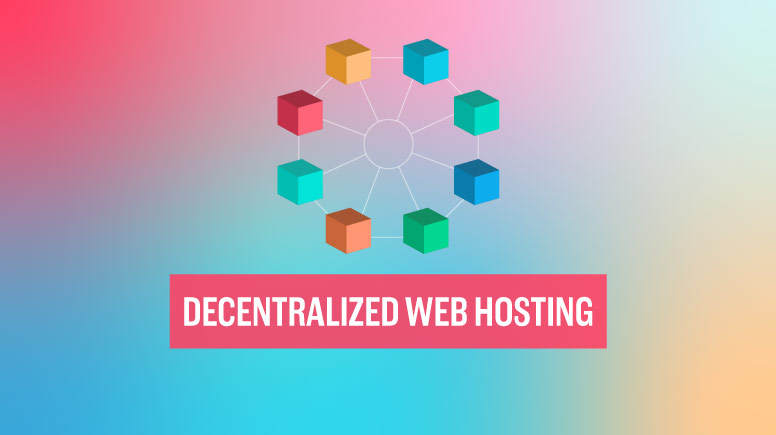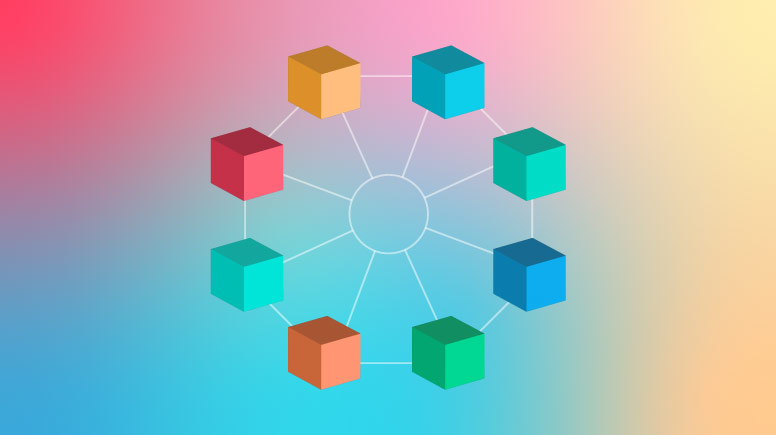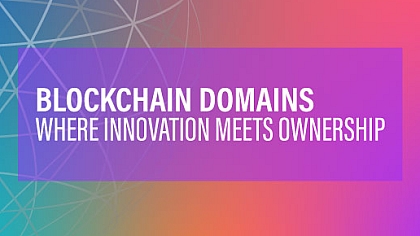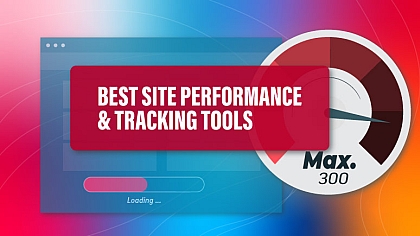
What is Decentralized Web Hosting? A Simple Guide to the Future of the Internet
The internet is evolving, and decentralized web hosting is leading the charge. But what exactly is it, and why does it matter?
We’ll break it down in simple terms, explore its benefits, and show you why it might just change how we use the web forever. Let’s dive in!
Key Takeaways
- Decentralized web hosting spreads website data across many computers instead of relying on one central server.
- It’s more secure, private, and resistant to censorship compared to traditional hosting.
- Blockchain and peer-to-peer networks are the backbone of decentralized hosting.
- It’s already being used by projects like IPFS, Ethereum Name Service, and Arweave.
- Decentralized hosting could make the internet fairer, faster, and more eco-friendly.
What is Decentralized Web Hosting?
Imagine the internet as a giant library. In traditional web hosting, all the books (website data) are stored in one big room (a central server). If something happens to that room—like a fire or a lockout—no one can access the books. Decentralized web hosting, on the other hand, spreads the books across many smaller libraries (computers) around the world. This way, even if one library closes, the books are still safe and accessible.
In technical terms, decentralized web hosting uses blockchain technology and peer-to-peer (P2P) networks to store and share website data. Instead of relying on a single server owned by a big company, the data is broken into pieces and stored on thousands of computers globally. When you visit a decentralized website, your device connects to these computers to load the content.

Why is Decentralized Web Hosting a Big Deal?
Decentralized web hosting is gaining attention because it solves many of the problems with traditional hosting. Here’s why it’s so important:
-
No Censorship: With no central authority, no one can shut down a website just because they don’t like its content. This is a game-changer for free speech and activism.
-
Better Privacy: Traditional hosting companies often collect data about website visitors. Decentralized hosting keeps your data more secure because it’s spread across many nodes, making it harder to track or steal.
-
No Downtime: If one computer in the network goes offline, the website stays up because the data is stored on many others. This means fewer crashes and faster loading times.
-
Eco-Friendly: Some decentralized hosting platforms use unused storage space on people’s devices, reducing the need for energy-hungry data centres.
How Does Decentralized Web Hosting Work?
Decentralized web hosting relies on two key technologies: blockchain and peer-to-peer networks.
-
Blockchain: This is the same technology behind cryptocurrencies like Bitcoin. It’s a secure and transparent way to record information. In decentralized hosting, blockchain helps keep track of where website data is stored.
-
Peer-to-Peer Networks: Instead of relying on one central server, the website’s data is broken into small pieces and stored on many computers (called nodes) around the world. When someone visits the website, their device connects to these nodes to access the data.
This system makes it nearly impossible for hackers to take down a website or steal its data because there’s no single point of failure. It’s like trying to pop a balloon made of hundreds of smaller balloons—it’s much harder to destroy!
Examples of Decentralized Web Hosting
Decentralized web hosting isn’t just a theory—it’s already being used in real-world projects. Here are a few examples:
-
IPFS (InterPlanetary File System): This is a popular decentralized hosting system that stores website data across a network of computers. It’s like a global library where everyone helps keep the books safe.
-
Ethereum Name Service (ENS): This system allows users to create decentralized websites with easy-to-remember names, like “mywebsite.eth.”
-
Arweave: This platform focuses on permanent storage, meaning once you upload something, it stays online forever. It’s perfect for preserving important information.

Is Decentralized Web Hosting the Future?
Many experts believe decentralized web hosting is the future of the internet. It gives power back to the users, making the web more open, fair, and secure. While it’s still growing, it’s already being used by developers, activists, and even big companies.
For anyone interested in technology, decentralized web hosting is an exciting area to explore. It’s a chance to learn about blockchain, coding, and how the internet works behind the scenes. Who knows? You might even build your own decentralized website someday!
Join the Decentralized Revolution
Decentralized web hosting is more than just a tech trend—it’s a movement toward a better, freer internet. By spreading data across many computers, it creates a web that’s harder to control, harder to hack, and easier to trust. Whether you’re a tech enthusiast or just curious about the future, decentralized hosting is something worth exploring.
So, what are you waiting for? Dive into the world of decentralized web hosting and see how you can be part of the change. The internet is evolving, and you have a front-row seat to the revolution!














